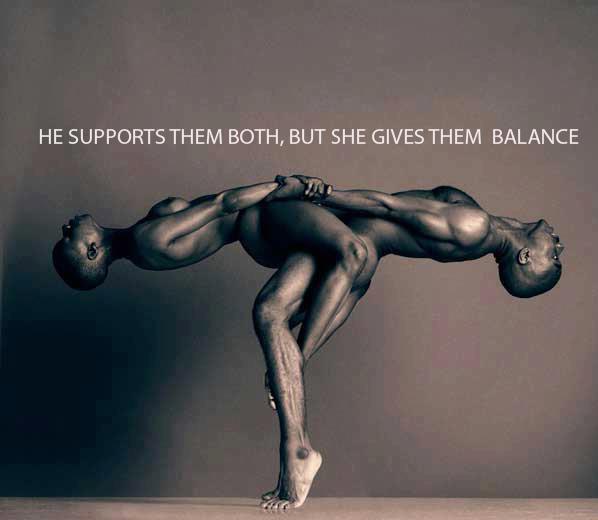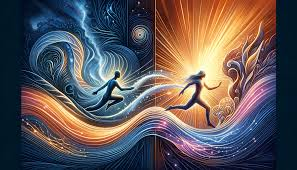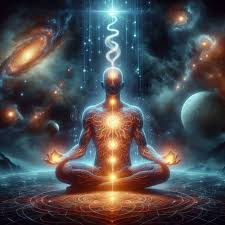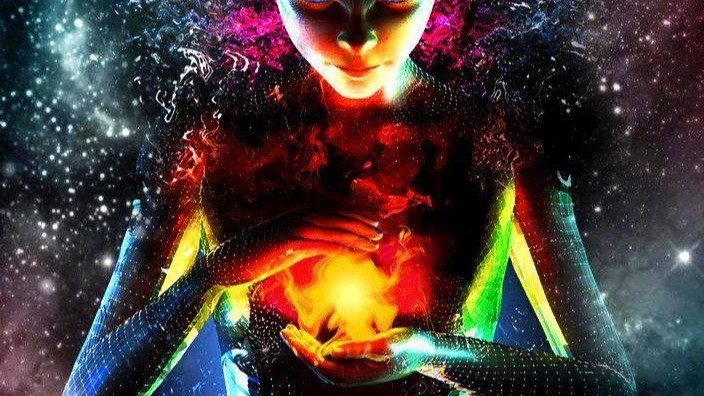
At the heart of this discussion is the Taoist concept of Yin and Yang. Central to this philosophy is the understanding that the masculine (Yang) energy inherently contains an indivisible feminine (Yin) energy, and vice versa. This is significant: the Taoist term is Yin Yang, signifying the unity of these elements rather than Yin and Yang, which suggests separation and duality. It’s important to note that this is not a dualistic perspective.
Taoists believe that everything in nature embodies Yin and Yang properties. Common examples include opposites such as up and down, night and day, light and dark, and, importantly, masculine and feminine. One cannot exist without the other.
This realization prompted me to reconsider a concept I encountered in Drunvalo Melchizedek’s The Serpent of Light, which discusses the “demise of patriarchal society” and the rising of the Earth’s kundalini. If patriarchal society has indeed been dominated by masculine energy—especially a repressive masculine energy—then the feminine energy, though suppressed, must still be present. It may be hidden, but it remains.
In a previous article, The Rise of the Feminine, I proposed that it is not the rise of women into business leadership roles that will change the business landscape, but the rise of feminine energy itself. Simply placing women in positions of power and authority is insufficient. What needs to transform is not just who holds the power, but the very nature of power and authority itself. It is the game that needs changing—not just the players.
The Rise of the Feminine speaks to this emerging wave of feminine energy, which exists within both men and women. It’s critical for both genders to explore and embrace the softer aspects of their feminine energy, while also nurturing a balanced expression of masculine energy.
The Masculine vs. Feminine Model of Coaching
In coaching, there are distinct masculine and feminine models, each with unique characteristics:
Masculine (Yang) Coaching:
- Deductive thinking, often left-brained.
- Focuses on outcomes and results.
- Emphasizes action and closure.
- Values individualization and differentiation.
- Push strategies, often competitive.
- Personal branding and standing out.
- Focus on decision-making and finding your edge.
- Engages the solar plexus chakra (will/ego).
- Embraces a warrior mentality.
- Transaction-based, with a focus on assertiveness.
- Conflict as growth: seeing challenges as opportunities.
- Rooted in capitalism: often focused on performance and metrics.
Feminine (Yin) Coaching:
- Inductive thinking, often right-brained.
- Focuses on discovery and reflection.
- Emphasizes opening and creating space.
- Promotes a tribal/collective mindset.
- Values homogenization: fitting in and finding common ground.
- Pull strategies, emphasizing collaboration.
- Focus on team building and co-creation.
- Engages the heart chakra.
- Embraces the goddess energy: relationship and connection-based.
- Compliance with the flow of the collective.
- Conflict as threat: maintaining harmony.
- Rooted in socialism or conscious capitalism: balancing individual and collective needs.
The Path to Balance: Embracing Both Energies
The opportunity for personal and leadership development lies within embracing your non-dominant polarity. The ultimate goal is to bring your masculine and feminine energies into closer balance, where these polarities merge and diffuse. In this space, you move from ego-driven actions to heart-centered decisions.
Practically speaking, this alignment connects you to your higher self—a more purposeful, intuitive version of yourself. Trusting and being guided by your intuition, you tap into your spiritual connection. In a business setting, this often manifests as entrepreneurial spirit—a state of flow with yourself, where things happen with ease and grace.
From this aligned space, you become a channel—a conduit for wealth creation, opportunities, creativity, love, gratitude, or whatever your heart desires.
At this point, you are at one with nature and, more profoundly, at one with your own nature. This is the true game of life, and it is calling you to play.









